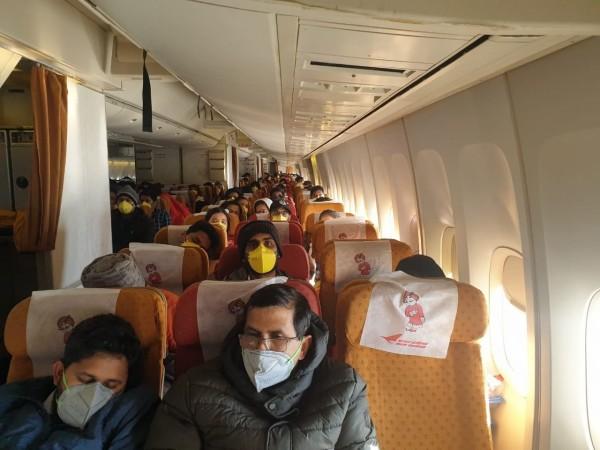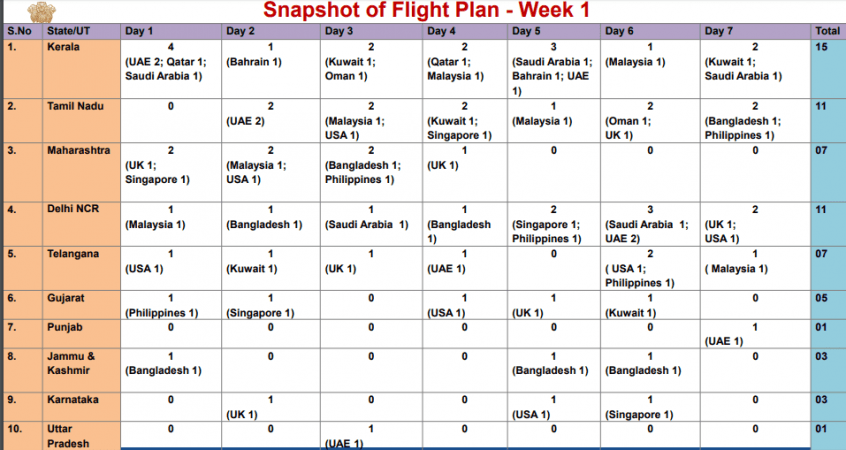India is set to embark on one of the largest rescue operations in the world, using naval and air platforms to bring back Indians stranded abroad, with Civil Aviation Minister Hardeep Singh Puri on Tuesday, May 5, announcing Air India Group will operate 64 flights to 12 countries to bring back over 14,000 stranded people in 7 days from May 7.

During the first week of the mammoth air rescue operation, around 14,800 Indian nationals will be brought back, while the total number of people to be repatriated back to India in the entire operations could be more than 190,000, he said.
Hardeep Singh Puri, while addressing a virtual press conference, said private Indian airlines may join the repatriation effort after May 13.
The minister also said that not only the role of the airline but that of airports and state governments is vital since these authorities have to manage the returning passengers.

On their part, the state governments are required to provide quarantine zones for the returning Indians.
Puri said that in the first week, flights will bring back Indians to 10 states and that services to more states could be started in the coming weeks, depending upon the speed at which facilities are prepared to host these returnees.
He further said that passengers would be required to pay a fixed amount for these flights, since the financial position of Air India is precarious and that the airline requires an injection of Rs 500-Rs 600 crores per month for it to stay afloat.
A passenger on a London-Delhi flight will be charged around Rs 50,000 and on a Dhaka-Delhi flight Rs 12,000, Hardeep Singh Puri confirmed.
Besides, the minister said that the participation of private airlines in the air rescue plans will be taken after the first week of operations.
Puri added that he is aware of the financial constraints being faced by the industry.
However, he did not disclose any timeline for the resumption of domestic operations, but said that these will be opened only after seeing the "behaviour of the virus" and the ground level preparations to handle any situation.
India had banned the arrival of international flights beginning March 23. The lockdown was first extended till May 3 and then again till May 17 causing inconvenience to many people outside the country.
(With agency inputs)
















